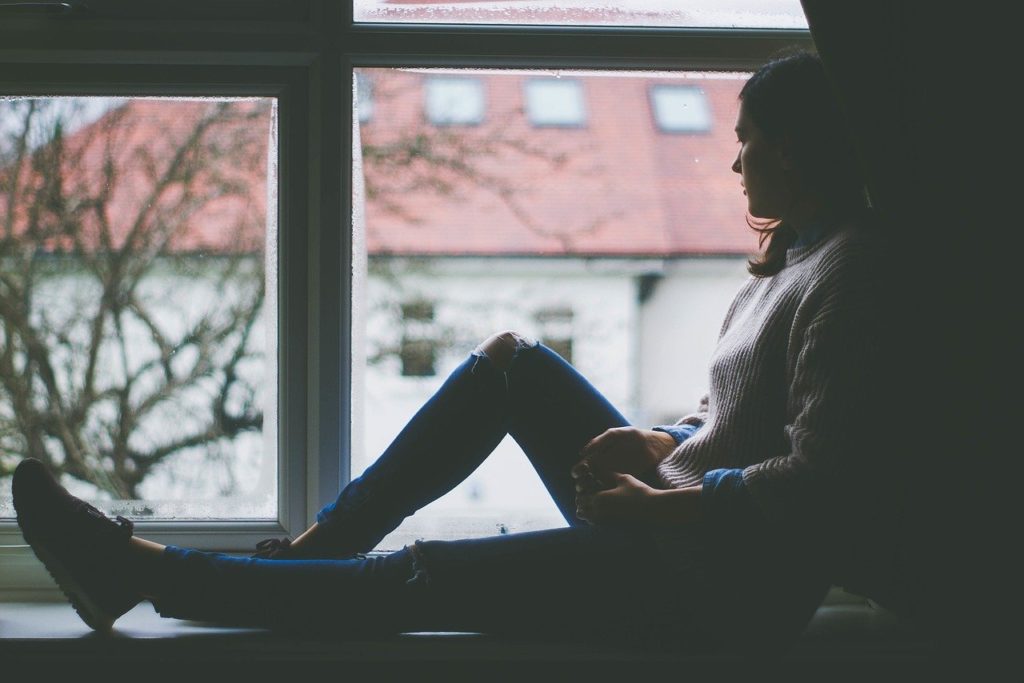While the nation still grapples with the challenges and fallout arising from the Covid-19 pandemic, another crisis is silently unfolding: the alarming rise in teenage suicides in Belgium.
Child and juvenile psychiatry services are struggling to keep pace with the surge in cases, shedding light on a growing mental health crisis among the country’s youth.
Although society is becoming more open about discussing mental health, suicide remains a taboo subject and is often absent from public discourse. Many individuals suffer in silence, afraid to voice their dark thoughts. On World Suicide Prevention Day last week, the Suicide Prevention Centre broke its silence with its "Before the Drama" campaign, revealing the true nature of the crisis.
The numbers tell a grim story. The Suicide Prevention Centre in Belgium has witnessed a staggering increase in the number of calls from distressed individuals.
In 2019, the centre received around 12,000 calls. However, with the advent of the Covid-19 crisis, this figure surged by a disconcerting 50% in 2020, surpassing 19,000 calls.
Highest rise among youth
One might have hoped for a decline in the subsequent years, but the reports paint a bleak picture. In Belgium, more than one in four deaths among 15-24-year-olds is attributable to suicide.
The upward trajectory continues relentlessly, with over 23,000 calls registered in 2022, nearly doubling in just four years. The demand for consultations to support those affected by suicide has also doubled, rising from 670 in 2019 to 1,190 in 2022.
The situation shows no signs of improvement in 2023, as the Suicide Prevention Centre faces yet another peak in demand, pushing their resources to the limit. Since Covid-19, and now the war against Ukraine, energy problems and the climate emergency, the phone seems to ring constantly.
What is particularly concerning for experts is the increase in calls from young people.
"Sometimes they are children. We are seeing more young people in consultation than before. We also have more very young people coming to us from the anonymous helpline. It's really since Covid-19. These are dramatic situations. The suffering is intense. What really concerns us is the state of mental health of young people at the moment," Dominique Nothomb, director of the Suicide Prevention Centre, told RTBF.
For bereaved parents and concerned individuals, action is imperative. They insist that public authorities invest in mental health research, prevention, and support for those who have experienced suicide. At a structural level, there are significant gaps in the system, such as the lack of reimbursement for psychological sessions for bereaved relatives and shortcomings in administration and justice.
To address the surging demand for support, the Suicide Prevention Centre continuously recruits volunteers willing to dedicate their time to answer calls on the helpline.
Volunteers undergo a three-month training program and receive regular supervision by psychologists to help them cope with the emotional toll of the calls. While around sixty volunteers are currently active, the centre ideally needs twice that number.
Do you need help?
Those in need of a listening ear or with any questions about suicide can contact the Suicide Line anonymously on the toll-free number 1813
02 648 40 14 in (English)
0800 32 123 (French)
www.zelfmoord1813.be (Dutch)

